A Tale of Two Futures
WHAT IF POLITICAL POLARIZATION GETS WORSE
Rising polarization will lead to greater gaps in health outcomes and life expectancy. Politicians will likely expand the list of banned or restricted procedures and healthcare options to include types of contraception, surrogate decision-making and end-of-life care. Imbalances in care will be accelerated as blue states become destinations for high-income patients seeking abortions, gender care and other procedures banned or limited in red states, and also for medical training in these fields. Lower-income patients who don’t have the funds to travel will go without treatment or seek potentially dangerous alternatives.
Some states will face boycotts by corporations, and by music and sports promoters. In addition, the most restrictive red states will see a brain drain of researchers and biomedical entrepreneurs.
IF WE BREAK THE IMPASSE
The political fever surrounding healthcare policies will break if voters reject politicians who sacrifice their constituents’ health outcomes for political gain.
Some likely scenarios:
-
The voting-eligible Gen Z cohort that upended red-wave expectations of the 2022 elections represented less than half of their generation. Between now and 2030, eight more years’ worth of Gen Z will reach voting age. Politicians who want to attain—and retain—power would do well to cater to their pragmatic aims.
-
Companies that have locations across the country will flex their economic muscle and demand more uniformity across state policies that better reflect the needs and wishes of their employees and shareholders. This includes insurers who will be under pressure from corporate clients and customers to reject healthcare that isn’t based on science. Hospitals and caregivers will use their considerable political and economic strength to actively advocate for pro-science and pro-patient policies.
-
Citizens will realize that political polarization has delivered them poor health outcomes and shorter lives and will demand equity with other, healthier states. Less politicized and more civic-minded individuals will be motivated to run for office, participate in government committees and vote for policies that support science and improve medical outcomes.
-
Lawmakers will find common ground on the issue that most impacts health: the economy. Studies suggest that a strong economy that lifts people from poverty overrides the impact of state policies in improving citizens’ health. For instance, red states with oil revenue show improved life expectancy compared to those without the revenue. Politicians may continue to disagree on health policies but may find common cause promoting policies that stimulate economic growth.
